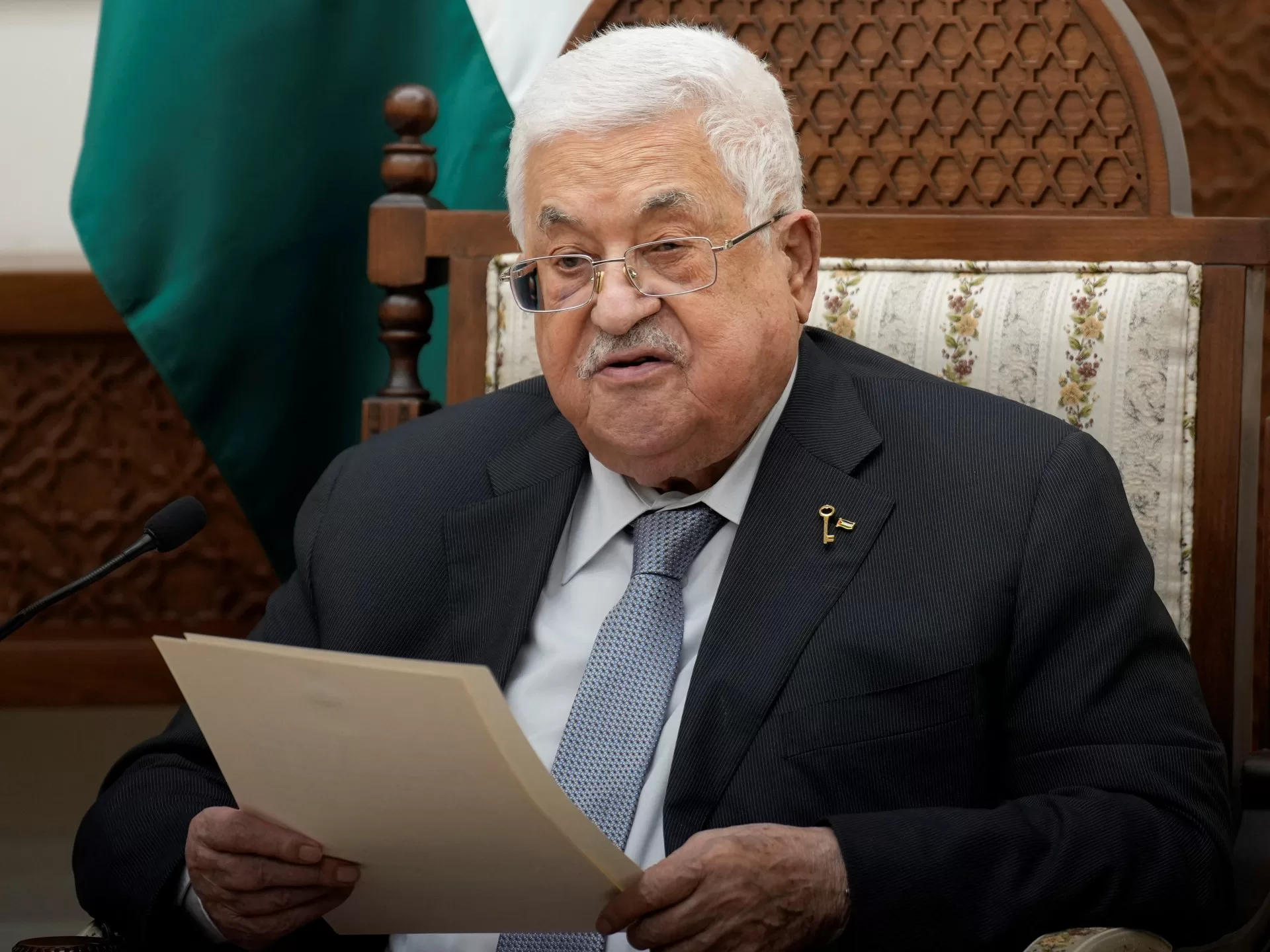The official Palestinian news agency Wafa said Abbas would meet Emir Sheikh Tamim bin Hamad Al Thani on Monday, but did not say if he would also meet leaders of Hamas, a group that has long been at odds with Abbas and his West Bank-based Fatah group.
The Palestinian ambassador to Qatar, Munir Ghannam, told Voice of Palestine radio on Sunday that Abbas and the emir would discuss efforts to secure a Gaza ceasefire with Israel and ways to increase aid for the territory’s 2.3 million people.
“Qatar plays an important role in the international efforts and mediation to reach a ceasefire. Therefore, coordination with Qatar, also with Egypt, is of special importance, to bring an end to this aggression against our people,” Ghannam said.
Qatar hosts the head of Hamas, Ismail Haniyeh, as well as another senior leader in the group, Khaled Meshaal, who handles diaspora affairs in the Hamas political office.
The visit comes as Israeli Prime Minister Benjamin Netanyahu promises to advance plans for a ground offensive on Rafah, despite growing international alarm at the potential consequences for the 1.4 million Palestinian civilians crammed in the city in southern Gaza.
The United States, Israel’s key international ally, has warned that an attack on Rafah could be a “disaster” and United Nations Secretary-General Antonio Guterres warned that Palestinian civilians in the city had “nowhere to go”.
Egypt warned of “dire consequences” of a potential Israeli military assault on the south Gaza city of Rafah near its border.
“Egypt called for the necessity of uniting all international and regional efforts to prevent the targeting of the Palestinian city of Rafah,” its foreign ministry said in a statement.
Mohammed Nazzal, a senior Hamas figure, told Al Jazeera that Netanyahu “wants the war to continue to stay in power, and doesn’t want to lose his right-wing coalition”.
“He wants to keep the fighting going on until the US elections in November for [Donald] Trump to win,” Nazzal said.
Israel began its assault on Gaza on October 7 after Hamas fighters carried out a surprise attack on southern Israel, killing at least 1,139 people and seizing around 240 others as hostages, according to Israeli officials.
After the attack, Israel launched a devastating bombardment and a ground invasion that has reduced much of Gaza to rubble and killed more than 28,100 people, according to Palestinian authorities.
Talks for a deal on a ceasefire and the release of hostages have so far failed to bring an agreement. Last week, Israel rejected a Hamas proposal, saying it would not stop fighting while the group retained brigades that Israel says are hiding in Rafah.
Last Thursday, a Hamas delegation was in Cairo and left the next day after talking to Egyptian and Qatari officials for ceasefire talks.
While Gaza has been governed by Hamas since 2007, areas of the Israeli-occupied West Bank are governed by the Palestinian Authority, led by Fatah.
Abbas’s authority has largely been reduced to the West Bank, which is larger than Gaza but which is also fractured by Israeli settlements.
Past attempts, mainly led by Egypt, to resolve disputes between Hamas and Fatah have so far failed to end the rifts, which analysts say weakens Palestinian efforts to secure a state of their own on land now occupied by Israel.
Meanwhile, Israeli officials blame the PA for failing to control factions including Hamas and the Palestinian Islamic Jihad movement, which have called on Israel to remove the blockade of the enclave and end its occupation of Palestinian territories.
Successive Israeli governments have expanded settler expansion in the occupied Palestinian territories in violation of international law.
